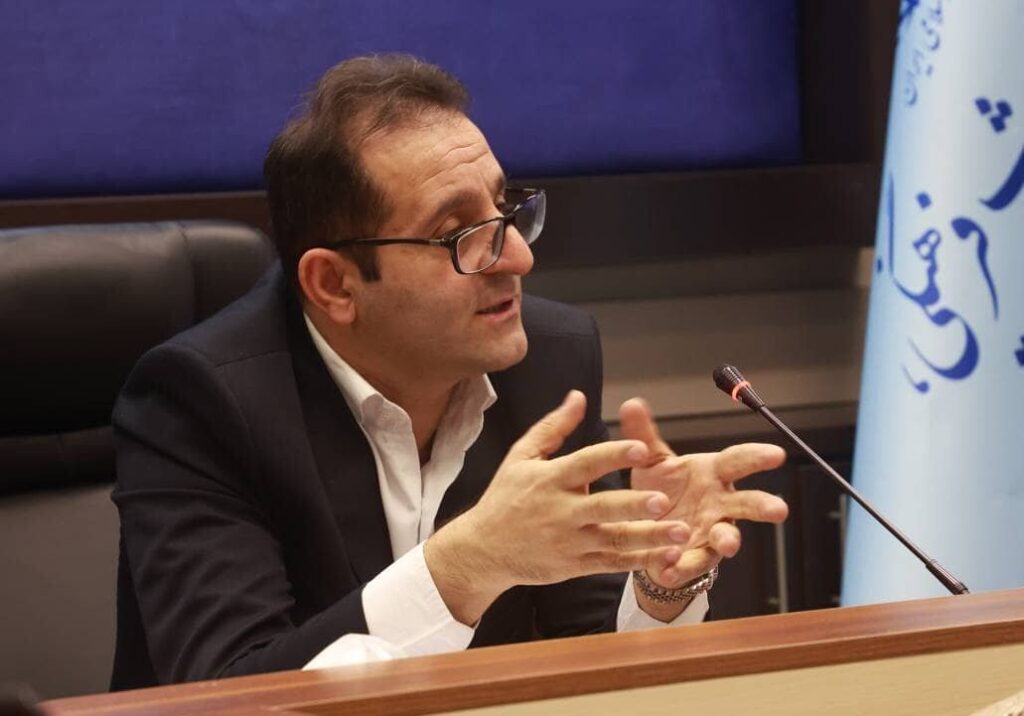Tehran, a senior Iranian tourism official, says the spread of negative media stories about Iran (commonly referred to as Iranhophobia) poses a major challenge to the country’s tourism sector, even if visa requirements for most travelers are relaxed or eliminated.
Islem Shohaei, director of the Iranian Ministry of Cultural Heritage, Tourism and Tourism Development, Directorate of Marketing and Tourism Development, said many international travelers have not faced visa issues when planning their trips to Iran, but the negative portrayal of the country in foreign media causes hesitancy and fear among potential visitors.
“Many tourists have no visa issues entering Iran,” Shohai told IRNA on Monday. “The real problem is a cloud of negative news coverage that is exaggerated or selectively emphasized by hostile media. It spreads fear and discourages travelers. Events such as the recent incident of Bandar Shahid Rajaye of Hormozgan will be used by certain outlets to amplify this story.”
Shojaei emphasized the need to cancel these perceptions with accurate and engaging information. He pointed out that Iran has already unilaterally or bilaterally raised visa requirements in more than 40 countries. “For example, visas are mutually exempt from countries such as Turkey, Indonesia, Kazakhstan, Oman and Tunisia, and are unilaterally exempt for Uzbekistan,” he explained. “With the exception of 10 or 11 countries where visa restrictions are maintained for diplomatic or strategic reasons, most citizens around the world can obtain a visa upon arrival at Iran’s airport.”
He added that Iran will often launch visa waivers as a first step to encouraging reciprocity. “We take the first step, and sometimes other countries follow. But economic or political considerations can prevent some people from responding in physical form.”
Addressing the effectiveness of international events in the fight against Iranphobia, Shojai pointed to the recent B2B (business-to-business) meeting between global tour operators and Iranian counterparts as an example of recent efforts to counter such anti-Iran sentiments.
“Over 120 foreign tour operators participated in the event. They are all active on social media and sharing first-hand experiences will help us showcase Iran’s vibrant tourism potential,” he said. “Initiatives like this go a long way in neutralizing false or negative stories.”
Shojaei also highlights Iran’s intention to build international trust and make the most of influencer marketing as a key strategy to promote the country’s tourism potential through interactive content, digital platforms and targeted media outreach.
Future, he announced plans for Iran to take part in 10 international tourism exhibitions and hold five tourist road shows in major cities such as Basra, Baghdad, Karbala, Najaf, Poland, Hungary, Serbia and Russia.
Additionally, the official announced plans to hold a Silk Road Conference in Semnan, bring together member states along historic trade routes, and host the third International Health and Tourism Conference for Eco Member States, scheduled to be held in Hadhan later this year.
The Islamic Republic expects to reap jackpots from many tourist attractions such as bazaars, museums, mosques, bridges, baths, madrasas, spirits, churches, towers and mansions.
morning

